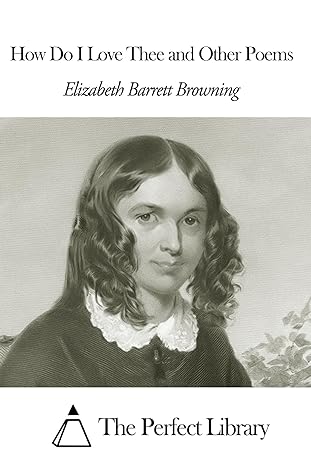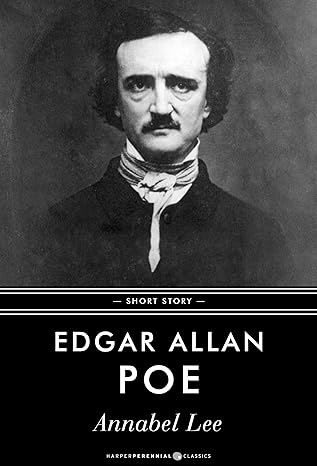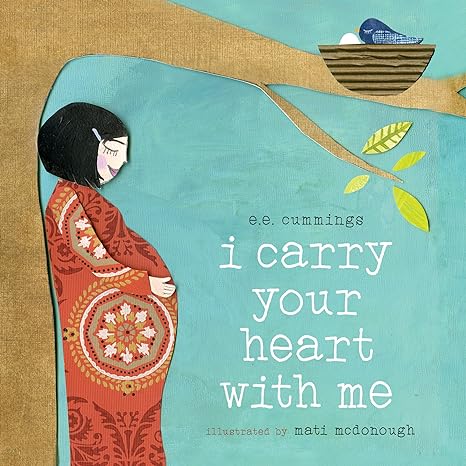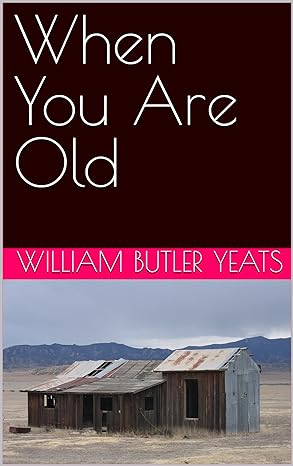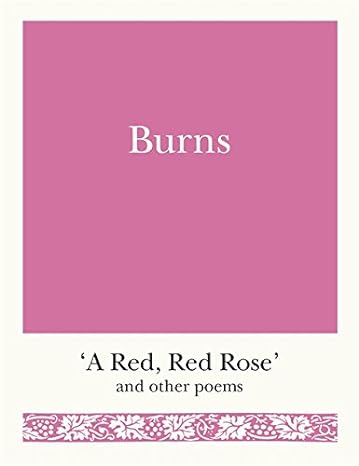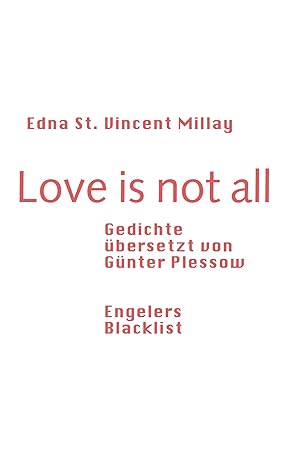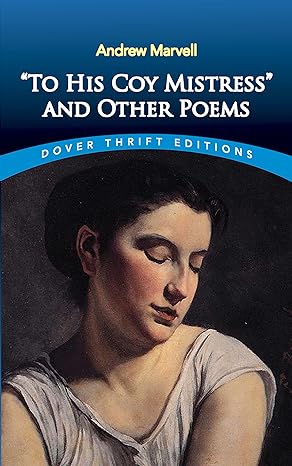10 Short Love Poems: The Power of Brevity in Expressing Love
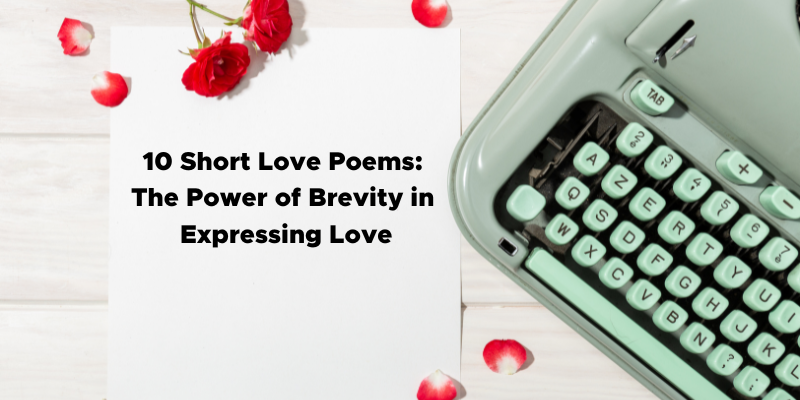
Short love poems have a special way of capturing strong feelings in just a few lines. They use simple but powerful words to show the raw emotions of love, making them easy to understand and impactful. This introduction helps us understand why poets throughout history have used short poems to express love in its purest form. These concise poems remind us that sometimes, fewer words can create a deeper connection with readers.
The History of Short Love Poems.
Short love poems have been around for a long time and across many different cultures. From the ancient haikus of Japan to the romantic couplets of Persian poets, short poems have often been used to capture the fleeting and intense emotion of love. The simplicity of these poems makes them easy to remember and timeless. Throughout the centuries, poets have used short poems to convey deep emotions in just a few words, proving that sometimes less really is more.
Tips for Writing Short Love Poems.
Writing a short love poem can be challenging but also very rewarding. To write a meaningful short poem, focus on a specific moment, feeling, or image that represents love. Use vivid and powerful language to create emotion, and avoid using extra words. Keeping the language simple and authentic makes the message more relatable and touching. Each word should add to the overall feeling, making the poem concise but full of meaning.
Classic Short Love Poems to Know.
Many classic short love poems have stood the test of time because of their powerful messages and emotional impact. Poems like “She Walks in Beauty” by Lord Byron, “How Do I Love Thee?” by Elizabeth Barrett Browning, and “My River” by Emily Dickinson are great examples of how poets have used short poems to express love. These poems continue to inspire readers and aspiring poets, showing that love can be captured beautifully in just a few lines.
Love is one of the deepest emotions we can feel, but it can be hard to find the right words to express it. Poetry has always been one of the most beautiful ways to share feelings of love. Some of the greatest poets have captured the complexity of love in short, powerful verses. Short love poems can convey emotions clearly and make every word count, resonating deeply with readers. In this blog, we will explore ten short love poems that show how less can be more when it comes to matters of the heart.
Here are ten classic short love poems that are worth reading:
“How Do I Love Thee?” by Elizabeth Barrett Browning
How do I love thee? Let me count the ways.
I love thee to the depth and breadth and height
My soul can reach, when feeling out of sight
For the ends of being and ideal grace.
I love thee to the level of every day’s
Most quiet need, by sun and candle-light.
I love thee freely, as men strive for right;
I love thee purely, as they turn from praise.
I love thee with the passion put to use
In my old griefs, and with my childhood’s faith.
I love thee with a love I seemed to lose
With my lost saints.
I love thee with the breath,
Smiles, tears, of all my life; and, if God choose,
I shall but love thee better after death.
“Sonnet 18” by William Shakespeare
Shall I compare thee to a summer’s day?
Thou art more lovely and more temperate:
Rough winds do shake the darling buds of May,
And summer’s lease hath all too short a date:
Sometime too hot the eye of heaven shines,
And often is his gold complexion dimmed;
And every fair from fair sometime declines,
By chance or nature’s changing course untrimmed;
But thy eternal summer shall not fade
Nor lose possession of that fair thou owest;
Nor shall Death brag thou wander’st in his shade,
When in eternal lines to time thou growest:
So long as men can breathe or eyes can see,
So long lives this, and this gives life to thee.
"Annabel Lee" by Edgar Allan Poe
It was many and many a year ago,
In a kingdom by the sea,
That a maiden there lived whom you may know
By the name of Annabel Lee;
And this maiden she lived with no other thought
Than to love and be loved by me.
I was a child and she was a child,
In this kingdom by the sea;
But we loved with a love that was more than love,
I and my Annabel Lee;
With a love that the winged seraphs of heaven Coveted her and me.
And this was the reason that, long ago,
In this kingdom by the sea,
A wind blew out of a cloud, chilling My beautiful Annabel Lee;
So that her highborn kinsman came And bore her away from me,
To shut her up in a sepulchre In this kingdom by the sea.
The angels, not half so happy in heaven,
Went envying her and me-
Yes!- that was the reason (as all men know, In this kingdom by the sea) That the wind came out of the cloud by night,
Chilling and killing my Annabel Lee.
But our love it was stronger by far than the love
Of those who were older than we-
Of many far wiser than we-
And neither the angels in heaven above,
Nor the demons down under the sea,
Can ever dissever my soul from the soul Of the beautiful Annabel Lee.
For the moon never beams without bringing me dreams
Of the beautiful Annabel Lee;
And the stars never rise but I feel the bright eyes
Of the beautiful Annabel Lee; And so, all the night-tide,
I lie down by the side Of my darling- my darling- my life and my bride, In the sepulchre there by the sea,
In her tomb by the sounding sea.
“She Walks in Beauty” by Lord Byron
She walks in beauty, like the night Of cloudless climes and starry skies;
And all that’s best of dark and bright Meet in her aspect and her eyes; Thus mellowed to that tender light Which heaven to gaudy day denies.
One shade the more, one ray the less,
Had half impaired the nameless grace
Which waves in every raven tress,
Or softly lightens o’er her face;
Where thoughts serenely sweet express,
How pure, how dear their dwelling-place.
And on that cheek, and o’er that brow,
So soft, so calm, yet eloquent,
The smiles that win, the tints that glow,
But tell of days in goodness spent,
A mind at peace with all below,
A heart whose love is innocent.
“I Carry Your Heart With Me” by E.E. Cummings
I carry your heart with me(i carry it in
my heart)i am never without it(anywhere
I go you go,my dear;and whatever is done
by only me is your doing,my darling)
I fear
no fate(for you are my fate,my sweet)i want
no world(for beautiful you are my world,my true)
and it’s you are whatever a moon has always meant
and whatever a sun will always sing is you
here is the deepest secret nobody knows
(here is the root of the root and the bud of the bud
and the sky of the sky of a tree called life;which grows
higher than soul can hope or mind can hide)
and this is the wonder that’s keeping the stars apart
I carry your heart(I carry it in my heart)
“When You Are Old” by W.B. Yeats
When you are old and grey and full of sleep,
And nodding by the fire, take down this book,
And slowly read, and dream of the soft look
Your eyes had once, and of their shadows deep;
How many loved your moments of glad grace,
And loved your beauty with love false or true,
But one man loved the pilgrim soul in you,
And loved the sorrows of your changing face;
And bending down beside the glowing bars,
Murmur, a little sadly, how Love fled
And paced upon the mountains overhead
And hid his face amid a crowd of stars.
“A Red, Red Rose” by Robert Burns
O my Luve’s like a red, red rose,
That’s newly sprung in June:
O my Luve’s like the melodie,
That’s sweetly play’d in tune.
As fair art thou, my bonie lass,
So deep in luve am I;
And I will luve thee still, my dear,
Till a’ the seas gang dry.
Till a’ the seas gang dry, my dear,
And the rocks melt wi’ the sun;
I will luve thee still, my dear,
While the sands o’ life shall run.
And fare-thee-weel, my only Luve!
And fare-thee-weel, a while!
And I will come again, my Luve,
Tho’ ’twere ten thousand mile!
“Love Is Not All” by Edna St. Vincent Millay
Love is not all:it is not meat nor drink
Nor slumber nor a roof against the rain;
Nor yet a floating spar to men that sink
And rise and sink and rise and sink again;
Love can not fill the thickened lung with breath,
Nor clean the blood, nor set the fractured bone;
Yet many a man is making friends with death
Even as I speak, for lack of love alone.
It well may be that in a difficult hour,
Pinned down by pain and moaning for release,
Or nagged by want past resolution’s power
I might be driven to sell your love for peace,
Or trade the memory of this night for food.
It may well be. I do not think I would.
“To His Coy Mistress” by Andrew Marvell
Had we but world enough and time,
This coyness, lady, were no crime.
We would sit down, and think which way
To walk, and pass our long love’s day.
Thou by the Indian Ganges’ side
Shouldst rubies find; I by the tide
Of Humber would complain.
I would Love you ten years before the flood,
And you should, if you please, refuse
Till the conversion of the Jews.
My vegetable love should grow
Vaster than empires and more slow;
An hundred years should go to praise
Thine eyes, and on thy forehead gaze;
Two hundred to adore each breast,
But thirty thousand to the rest;
An age at least to every part,
And the last age should show your heart.
For, lady, you deserve this state,
Nor would I love at lower rate.
But at my back I always hear
Time’s wingèd chariot hurrying near;
And yonder all before us lie
Deserts of vast eternity.
Thy beauty shall no more be found;
Nor, in thy marble vault, shall sound
My echoing song; then worms shall try
That long-preserved virginity,
And your quaint honour turn to dust,
And into ashes all my lust;
The grave’s a fine and private place,
But none, I think, do there embrace.
Now therefore, while the youthful hue
Sits on thy skin like morning dew,
And while thy willing soul transpires
At every pore with instant fires,
Now let us sport us while we may,
And now, like amorous birds of prey,
Rather at once our time devour
Than languish in his slow-chapt power.
Let us roll all our strength and all
Our sweetness up into one ball,
And tear our pleasures with rough strife
Through the iron gates of life:
Thus, though we cannot make our sun Stand still,
yet we will make him run.
“The Passionate Shepherd to His Love” by Christopher Marlowe
Come live with me and be my love,
And we will all the pleasures prove
That valleys, groves, hills, and fields,
Woods or steepy mountain yields.
And we will sit upon the rocks,
Seeing the shepherds feed their flocks,
By shallow rivers to whose falls
Melodious birds sing madrigals.
And I will make thee beds of roses
And a thousand fragrant posies,
A cap of flowers, and a kirtle
Embroidered all with leaves of myrtle;
A gown made of the finest wool
Which from our pretty lambs we pull;
Fair-lined slippers for the cold,
With buckles of the purest gold;
A belt of straw and ivy buds,
With coral clasps and amber studs:
And if these pleasures may thee move,
Come live with me and be my love.
The shepherd swains shall dance and sing
For thy delight each
May morning: If these delights thy mind may move,
Then live with me and be my love.
Conclusion
Short love poems are a powerful way to convey deep emotions in just a few lines. They show that love does not need long verses to be meaningful—sometimes the simplest words are enough to create a lasting impact. These poems remind us of the beauty of love, whether it’s the excitement of new love, the comfort of a long-term bond, or the yearning of unfulfilled affection. The power of brevity in poetry allows every word to resonate, making short love poems a timeless way to express the essence of love.
Frequently Asked Questios (FAQs)
1. What makes short love poems so impactful?
Short love poems are impactful because they capture deep emotions in just a few lines, using simple and powerful language. This brevity often makes the emotions more intense, making each word meaningful.
2. Are short love poems easier to understand compared to longer poems?
Yes, short love poems are often easier to understand because they focus on a single idea or feeling. Their simplicity makes them relatable and easy to remember.
3. Can short love poems be as meaningful as longer poems?
Absolutely. Short love poems can be just as meaningful as longer ones. They distill powerful emotions into a few carefully chosen words, sometimes making an even stronger impact than a long poem.
